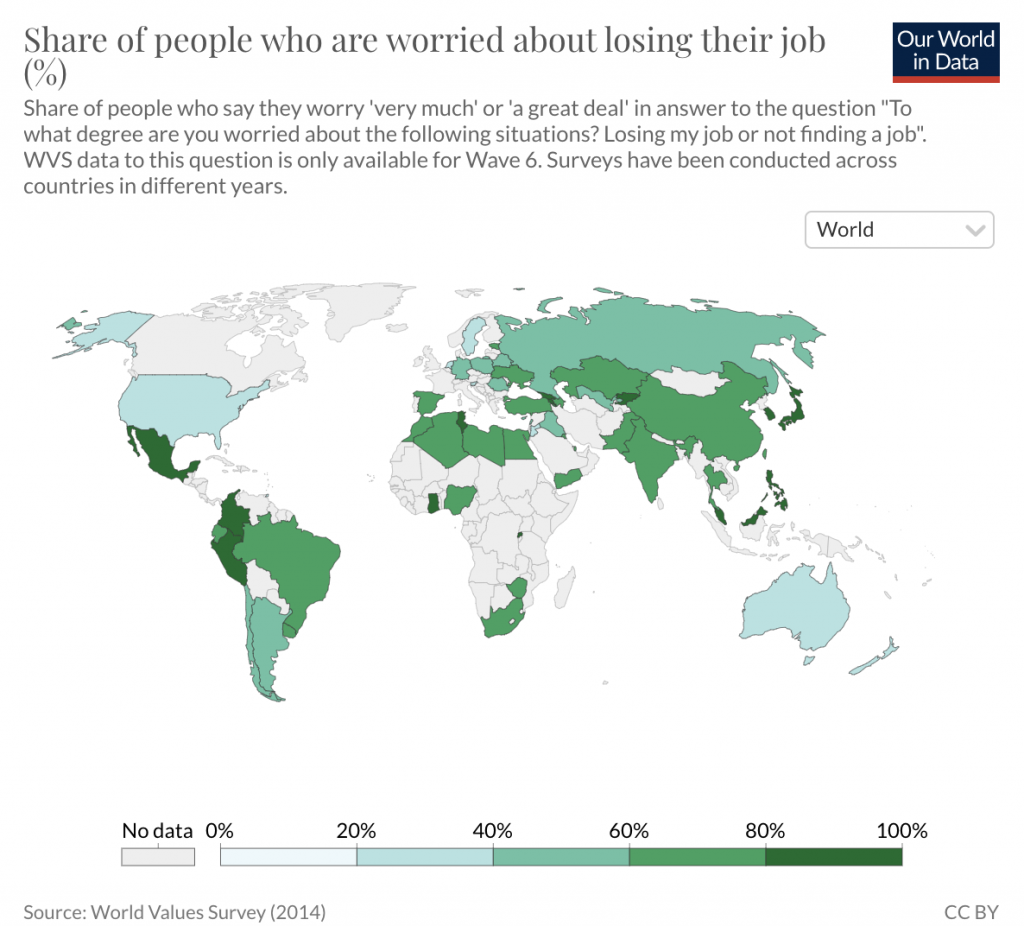As a former Education advisor, if I had to pick one of the most frequently asked questions by prospective students, it would be “How many hours do I need to study?”
The vast majority (if not all) of our students are working and leading hectic professional lives. Some are motivated and have already decided to undertake a master’s, while others contemplate the unknowns of an online programme. In my experience, two things affect their decision the most.
First – finances, and second, being able to strike the perfect work, study, and life balance. While I cannot completely help you with the finances (partially yes – check out the discount offers currently being offered on our online MBA, MSc, and LL.M programmes), I thought what I could do to help was to bring some facts to light about the other unknowns – what does a typical day in the life of an online master’s student look like?
I asked a few of our students from different walks of life, occupations, and personal situations to answer a few questions on their study tactics and strategies, plans and reality, and so on. So, through our ‘#DILO ‘a typical day in the life of a master’s student’ blog series every month, we bring to you one of our actual students or alumni sharing the insights.
Today, we’re looking at Wilson’s typical study days. Wilson, the Managing Director of an advertising company in Kenya for the past 14 years, offered us these answers:
An Introduction
Vidhi Kapoor (VK): Which programme did you choose and why?
Wilson K (WK): I chose an MBA programme in International Business in order to boost my wealth of knowledge for conducting business through a wider lens that could help me steer the company and any new initiatives to greater heights from an informed foundation.
Stayed focused and consistent
The Study Plan
VK : How did you plan to study each module, and what was the reality? How many hours did/do you have to put in each day/or in a week?
WK: While the modules are structured with the ease of flexibility, the fundamental aspect is that each revolves around the individual’s ability to keep the pace as a member of a group class. And this means serious balancing between work expectations and deadlines, not to mention that you must also research and study to reflect the mind of a master’s student. My strategy was to allocate the first 2 hours on Monday, 2 hours Wednesday morning and at least 3 hours on Friday to catch up with the reading and contribute to class work and assignments as well.
VK: What part of the day did/do you find most suitable to study? (e.g. early mornings, lunch break, evenings, weekends?)
WK: I found morning hours very apt especially if the assigned time implied adjusting your wake-up schedule and morning routine. The mind is less polluted and cluttered with the day’s requirement and one is able not only to concentrate but also bring out the best in terms of thinking and concentration.
Wilson allocated time based upon the requirements of each assignment
VK: How much time did you devote for each assignment?
WK: Time devotion for each assignment was dictated by the requirements and details of the questions. In most cases, each weekly assignment needed about 4 hours, but the examinations required at least 4 days considering that one is given the benefit of knowing each paper in advance.
Travelling and Communication
VK: Did you travel for work? How did travelling impact your ability to study?
DA: My work involves a lot of travel around the country but whenever such need arose, I had to plan for a trade-off in terms of hours where either delegation or relegation of priorities had to be effected. Missed classwork and deadlines sounded like the best recipe for failing a module and facing the menacing consequences that are well defined within the rules.
VK: How were you able to interact with peers and/or professors given the time differences?
WK: With proper planning and calculated awareness of time differences, I really can’t say I had a problem interacting with peers. The University timetable was also well aligned to this as both the classwork and assignment deadlines did not create overly demanding adjustments.
A typical day as a master’s student
VK: What does a typical day as an Online Masters’ student look like for you?
WK: A typical day comes with lots of anxiety on not only how well you are faring in class but your preparedness towards the assessments. You also have to keep check of your performance within the organisation especially if you are a leader so that you do not jeopardize the organization you guide.
Any advice?
VK: Any advice you have for students to better plan their studies.
WK: This programme demands individual discipline especially on time management. The risk of just skimming through the course is real and the most important thing to keep at the back of the head is that this should not just be for passing the exams and getting an award but to ensure that you obtain the incredible insights that propels your line of thought, intelligence, and faculties higher than where you are today.
Wilson says the programme aims forthe incredible insights that propels your line of thought, intelligence, and faculties higher than where you are today.
Alright friends, this was a sneak peek of a typical day in Wilson’s life as a master’s student. I hope you find it insightful and informative and that it gives you an idea of what to expect when you enrol for our master’s programmes. Watch this space as we have many more interesting insights coming up!



